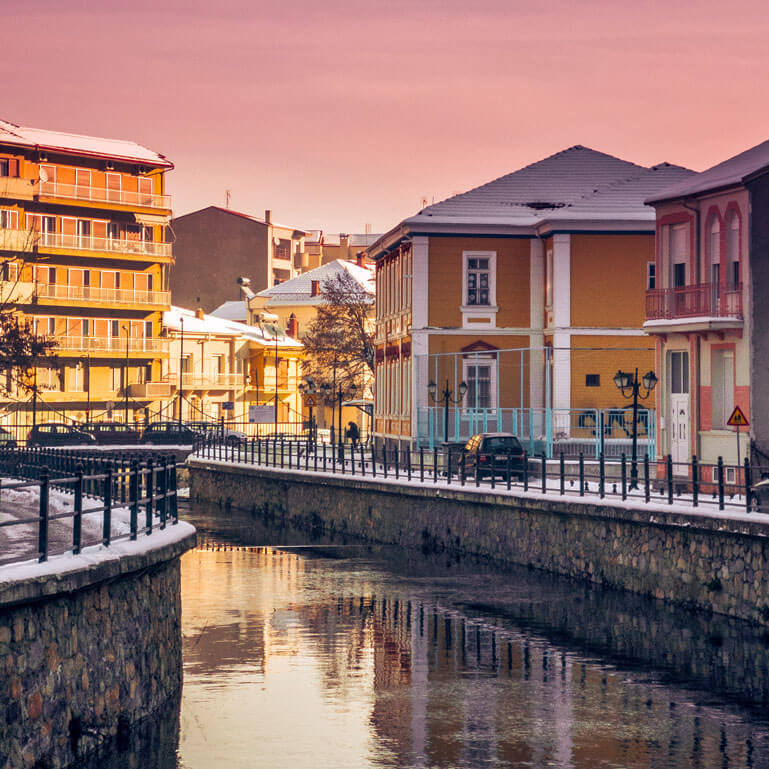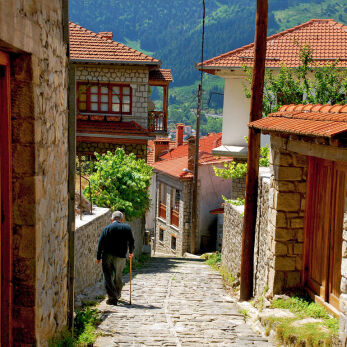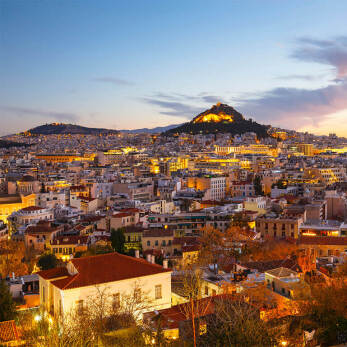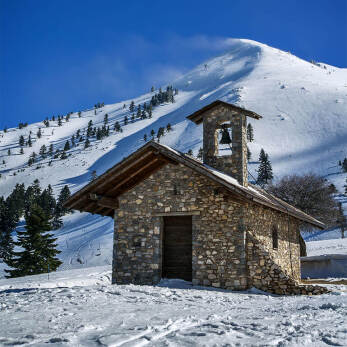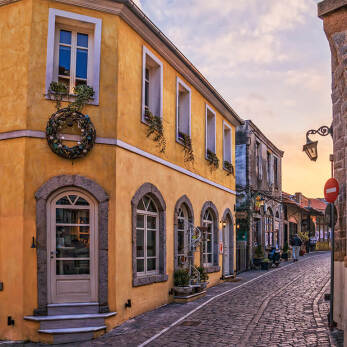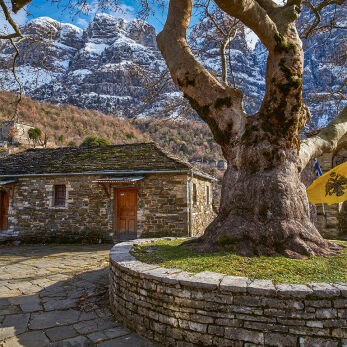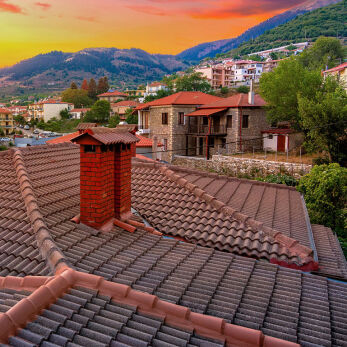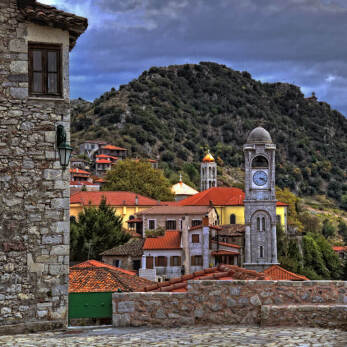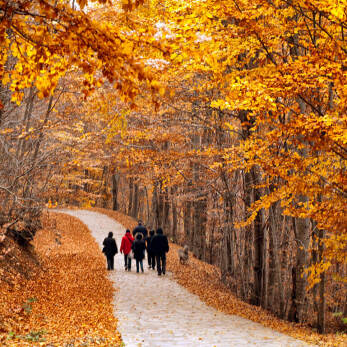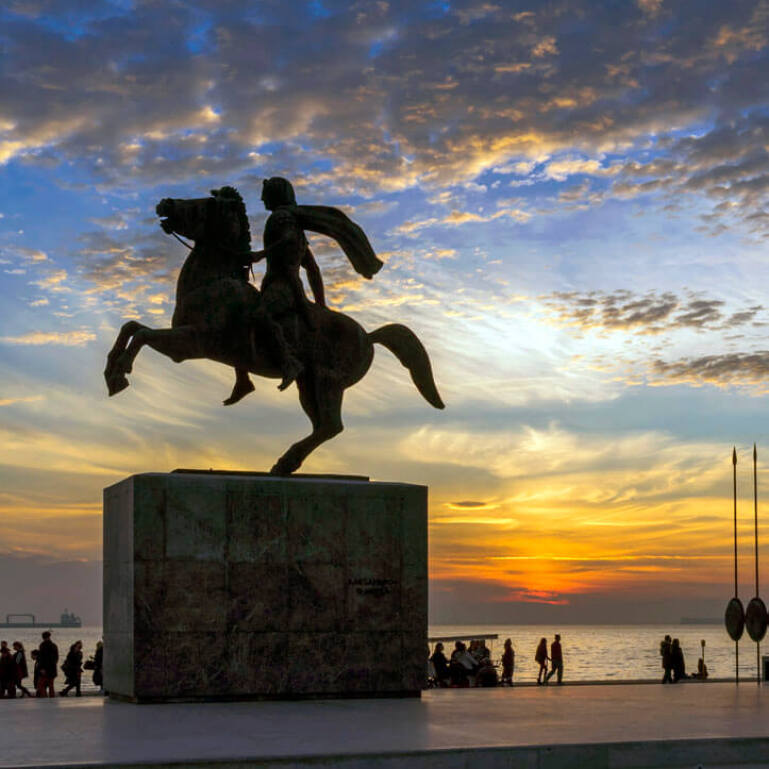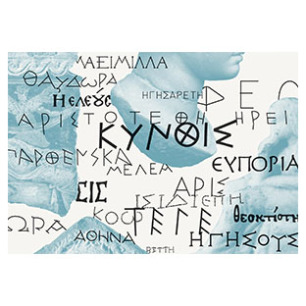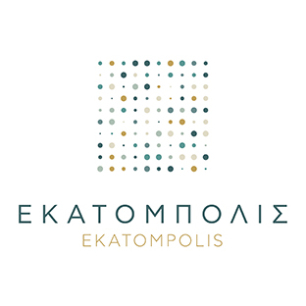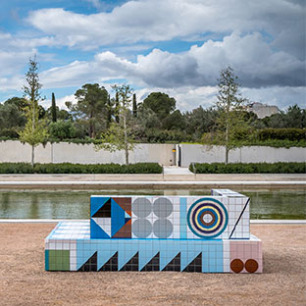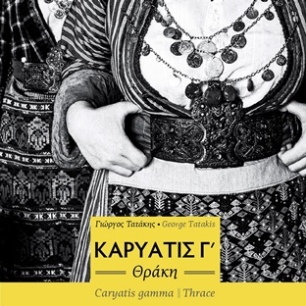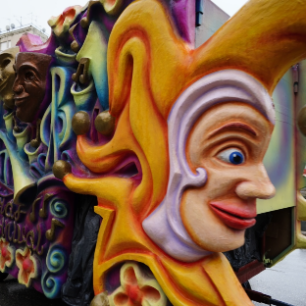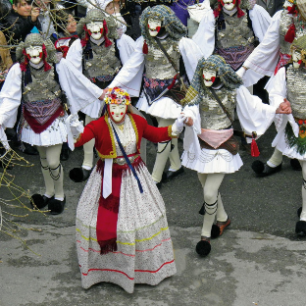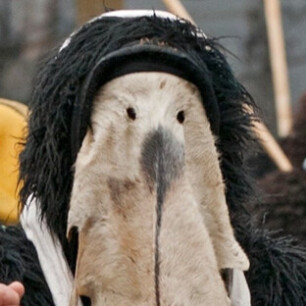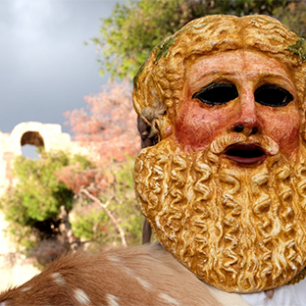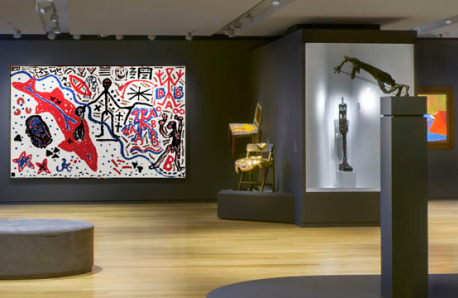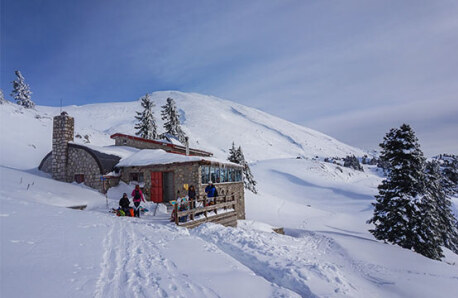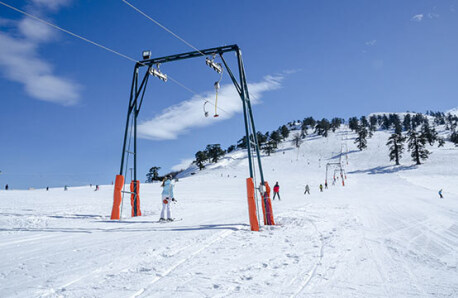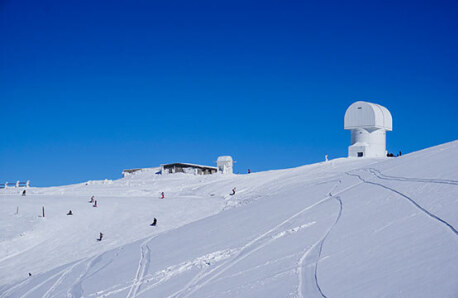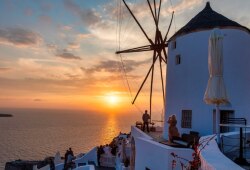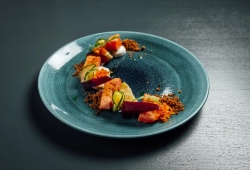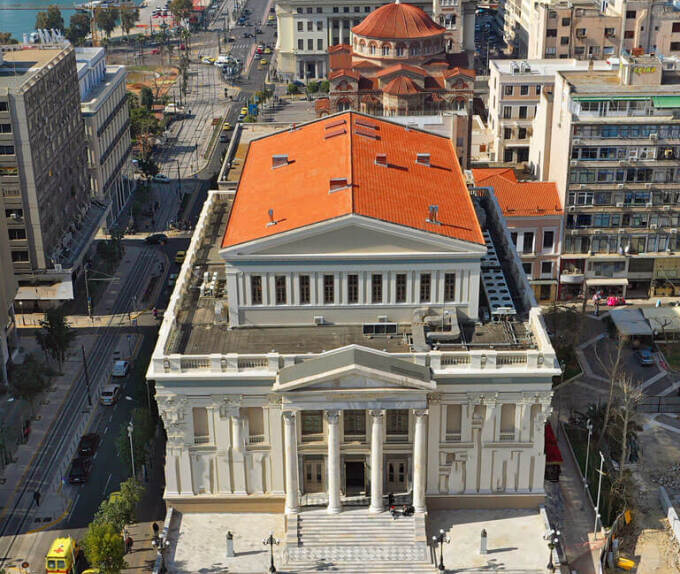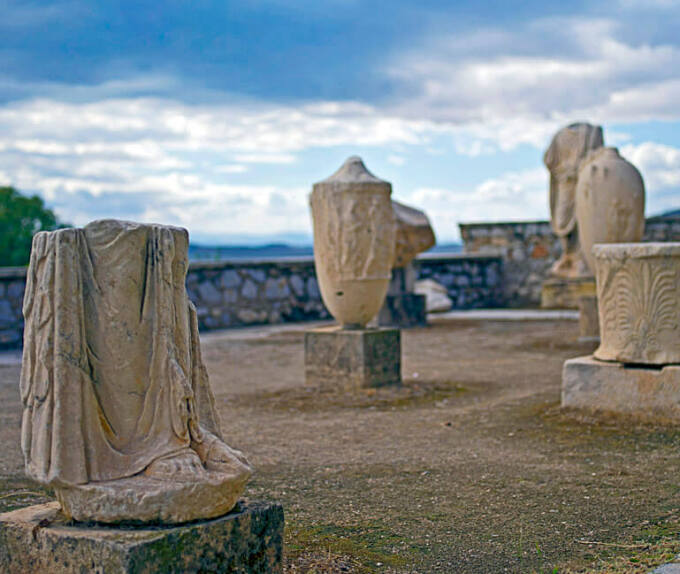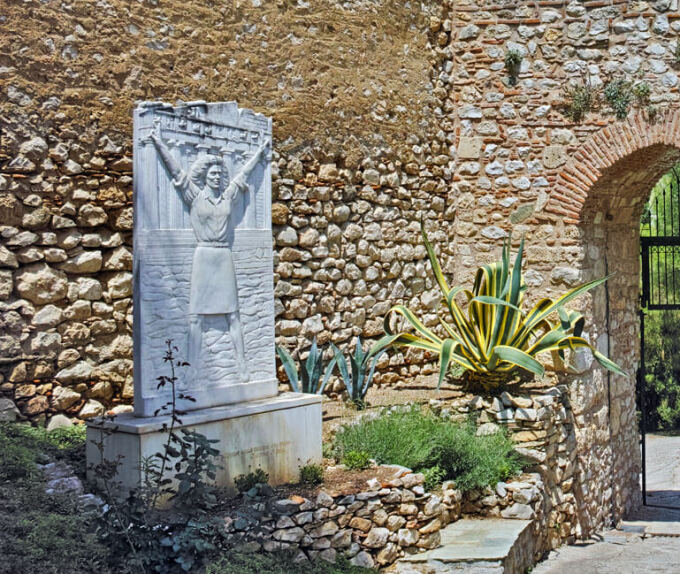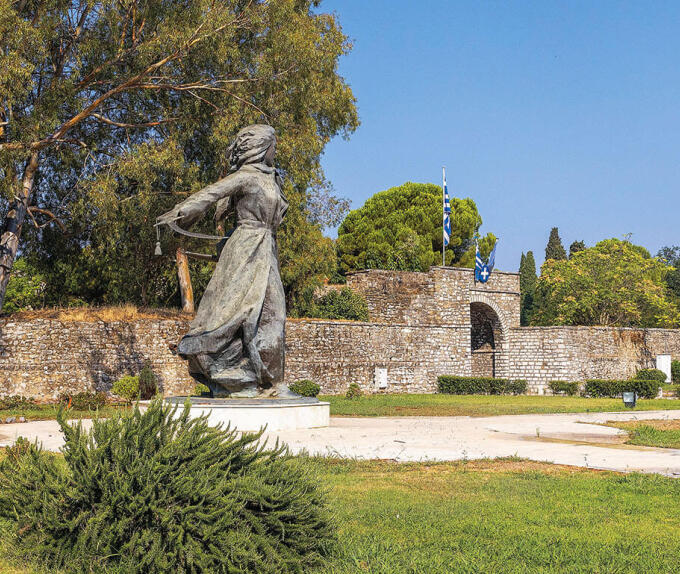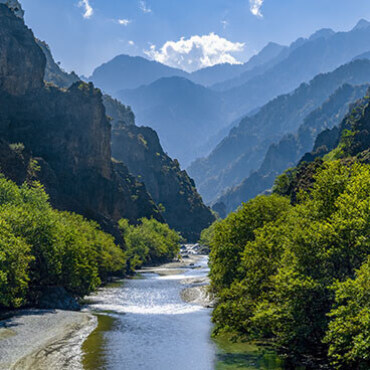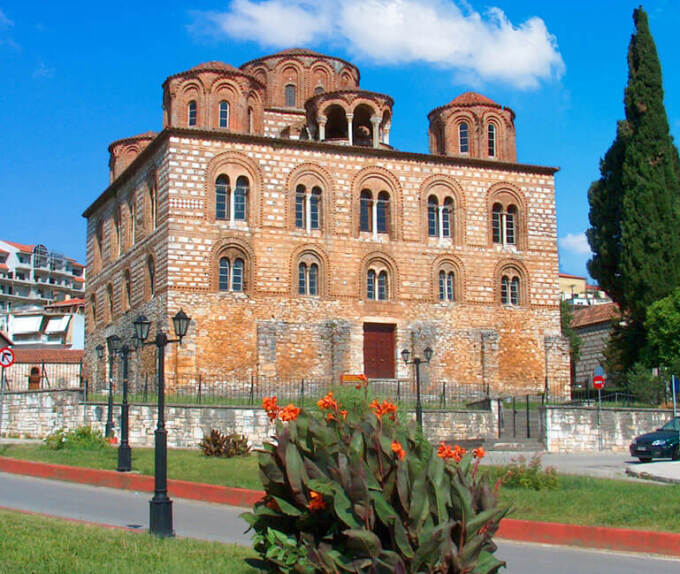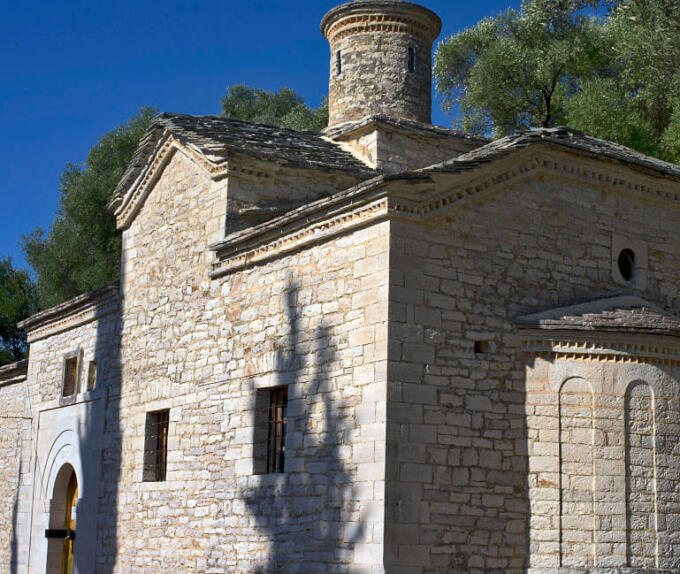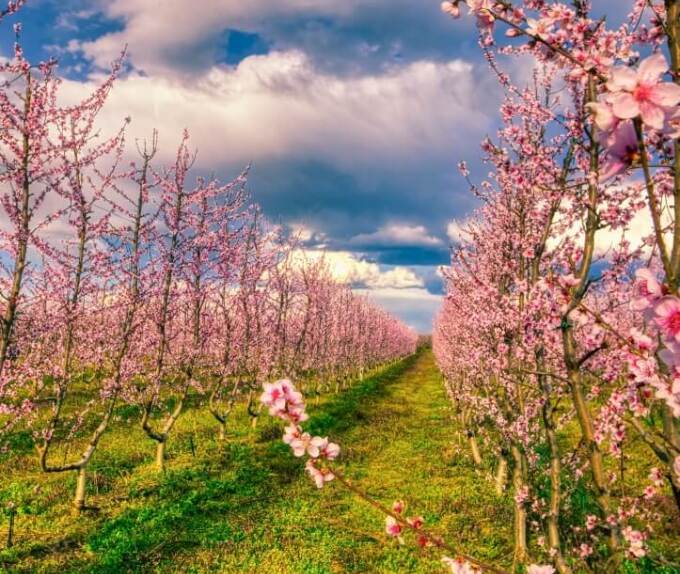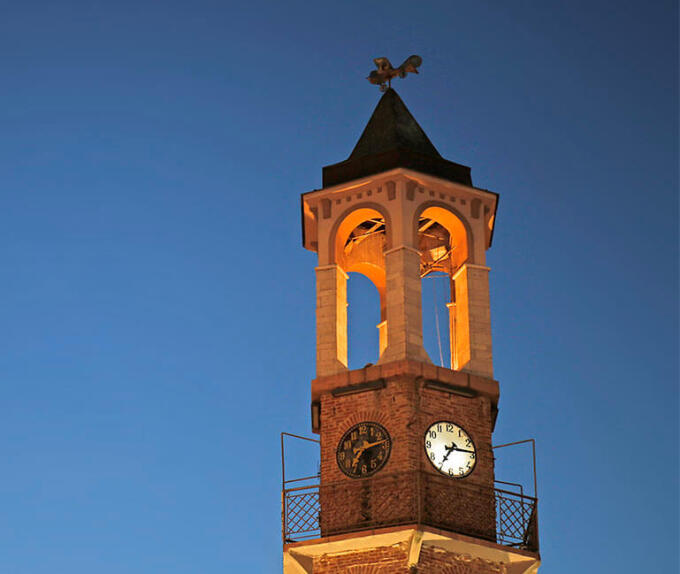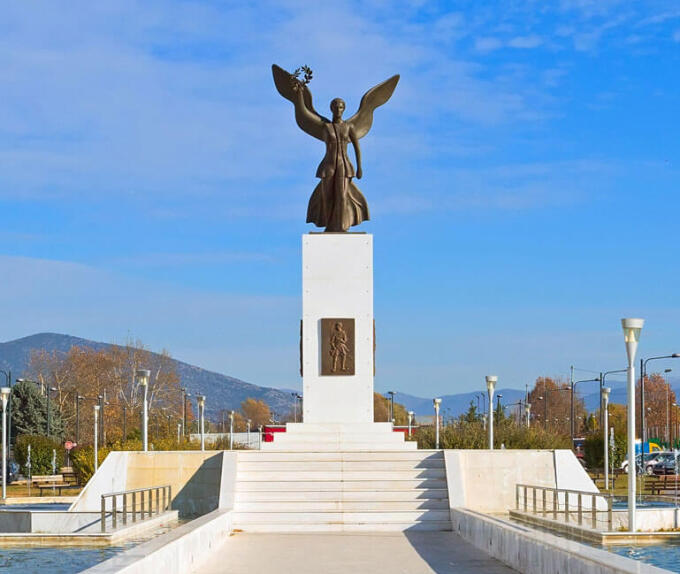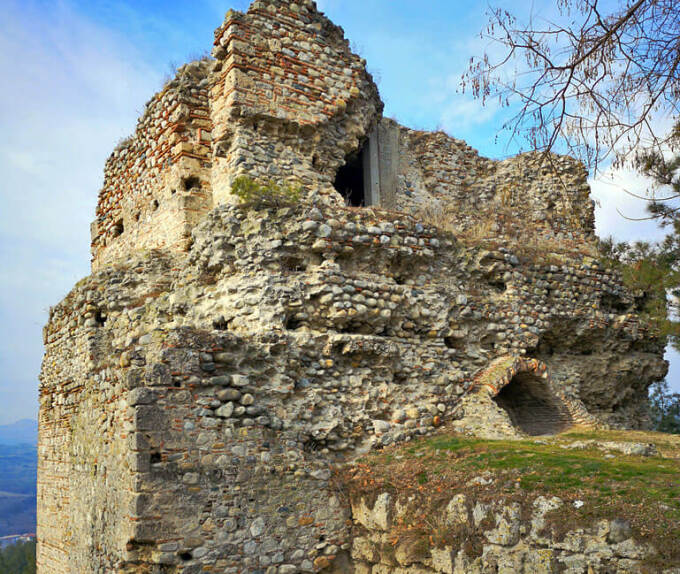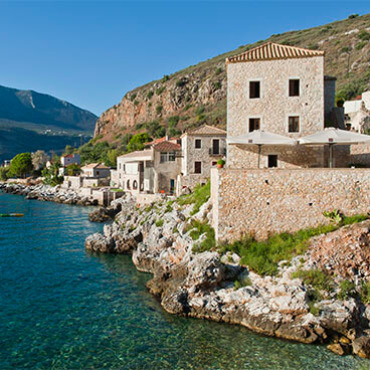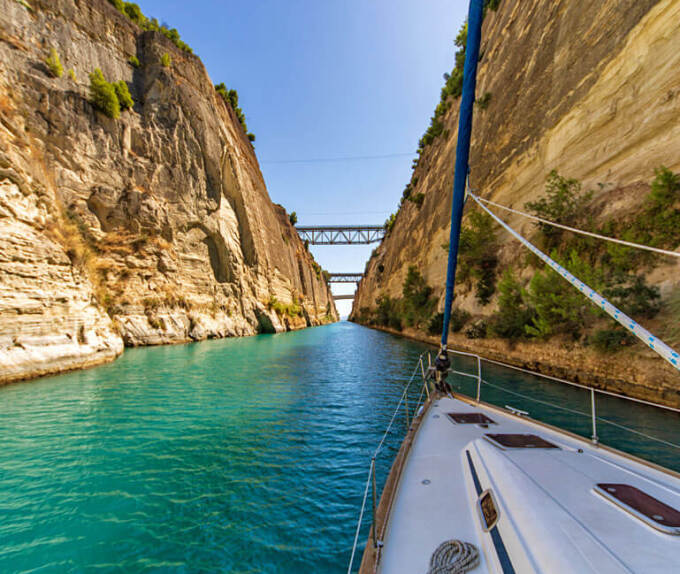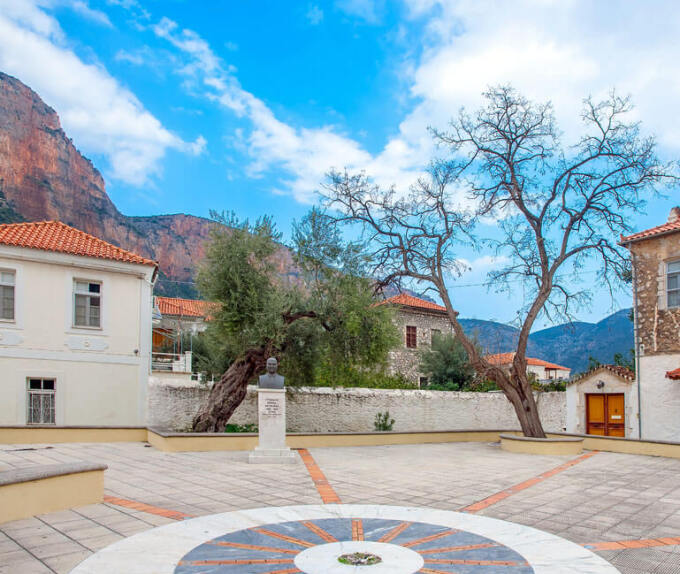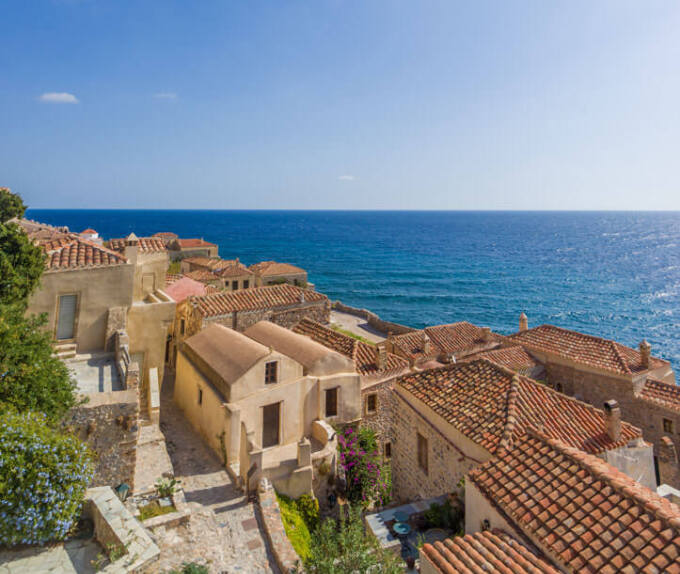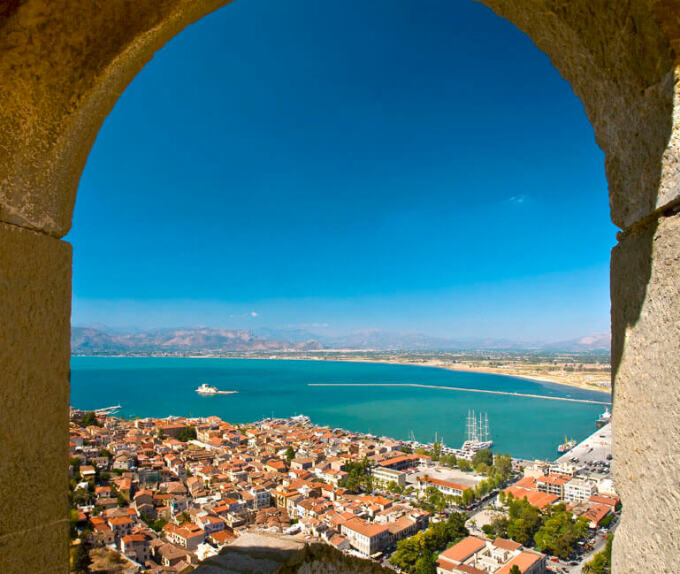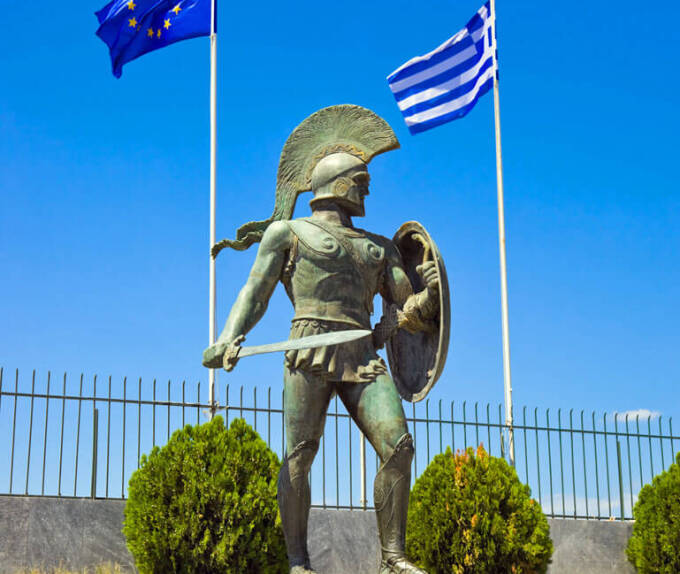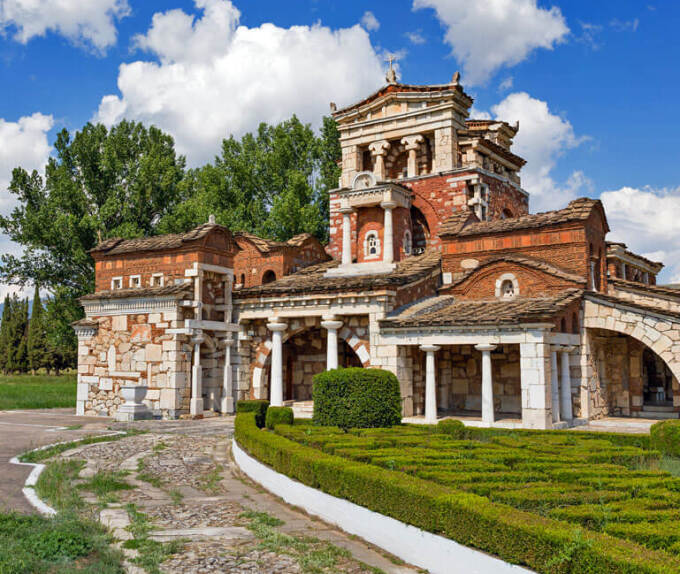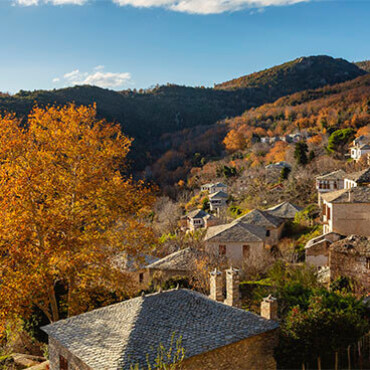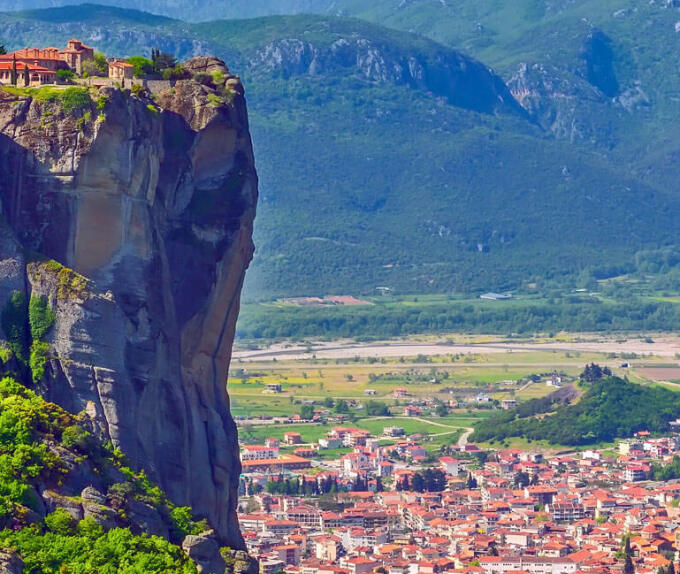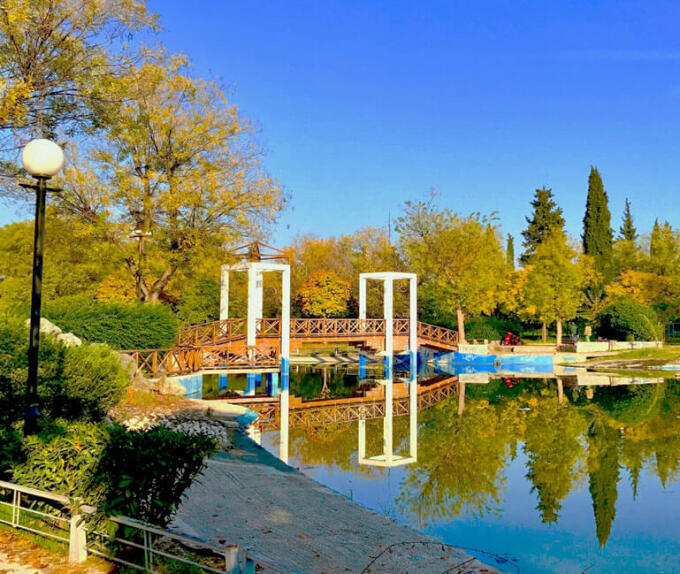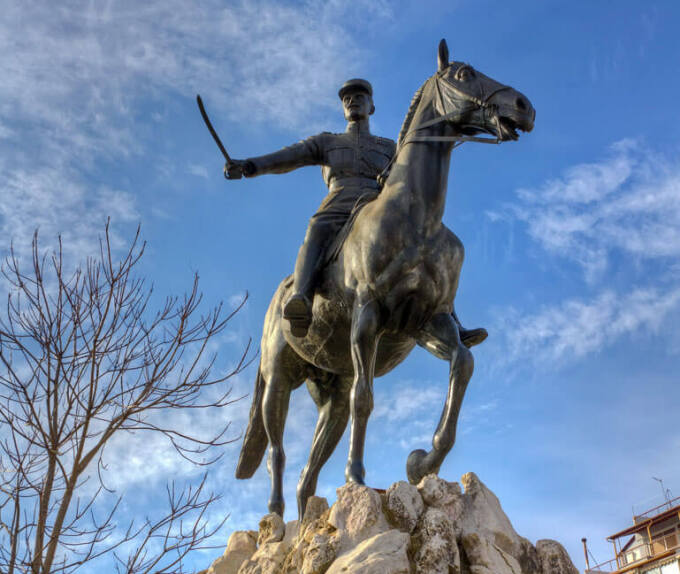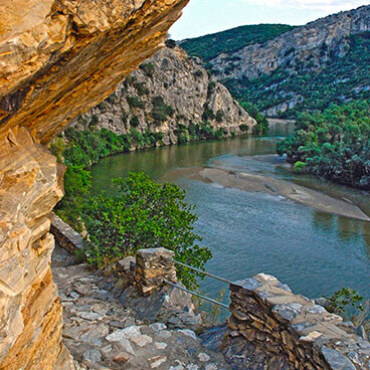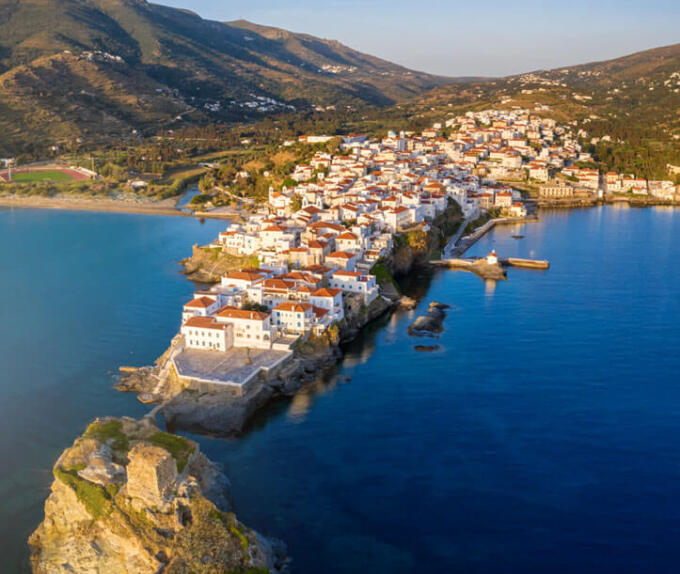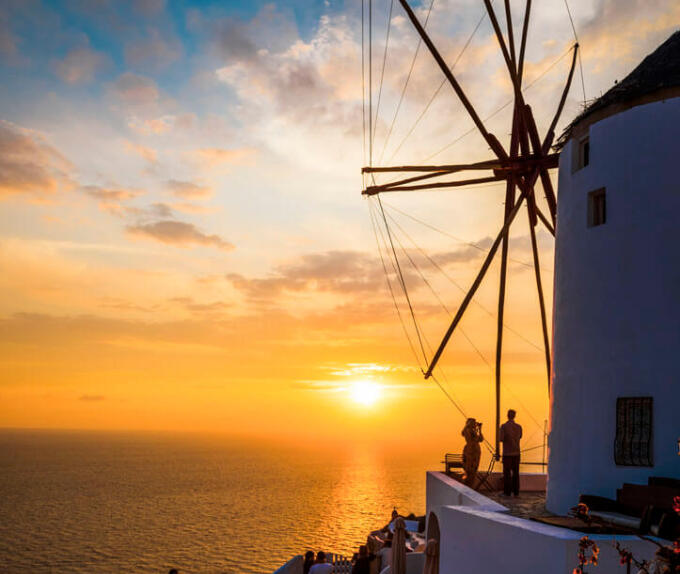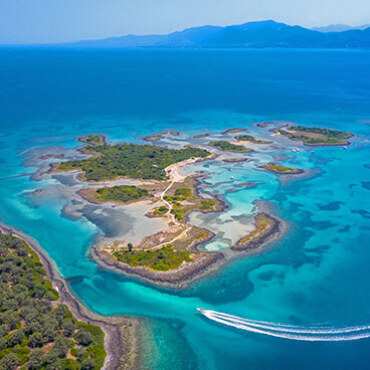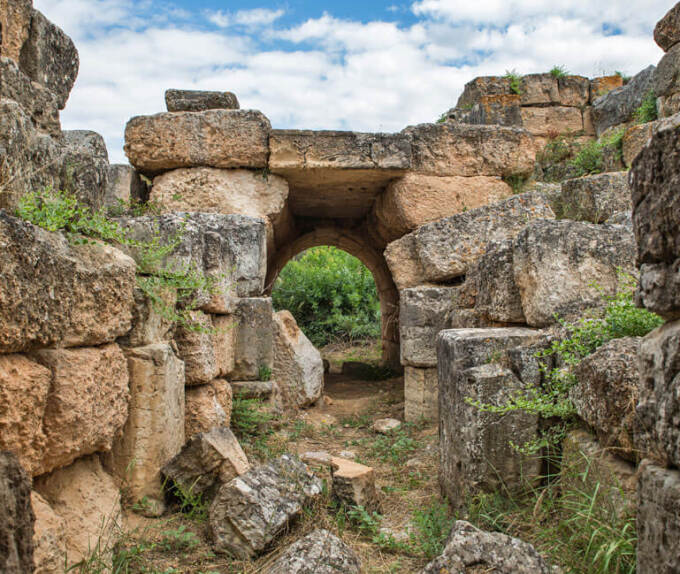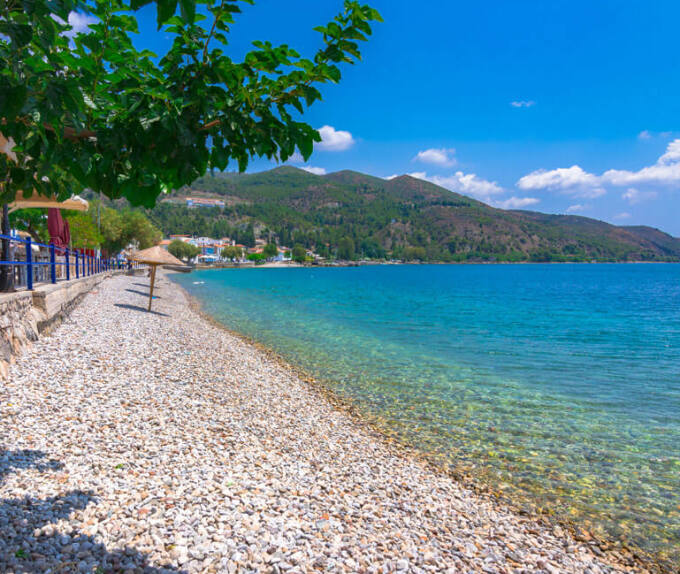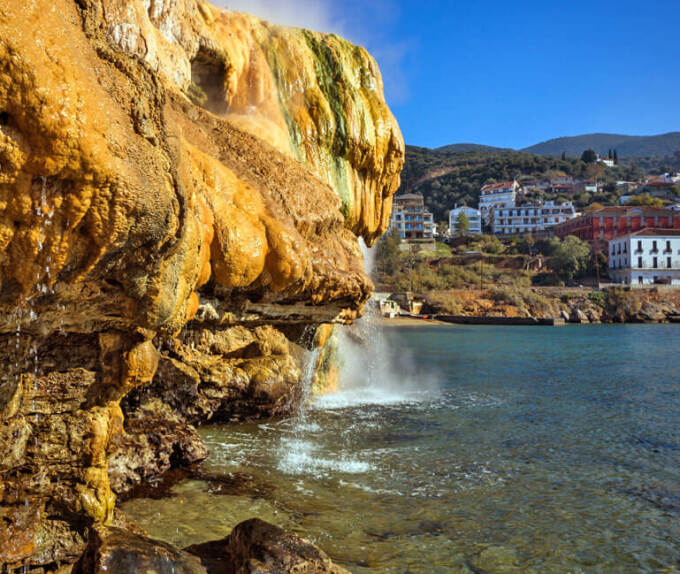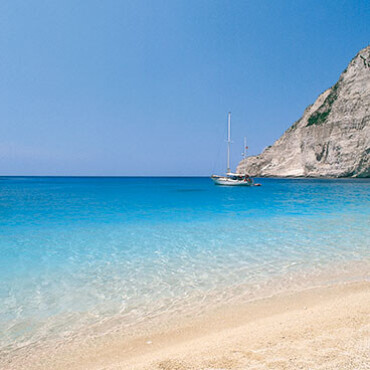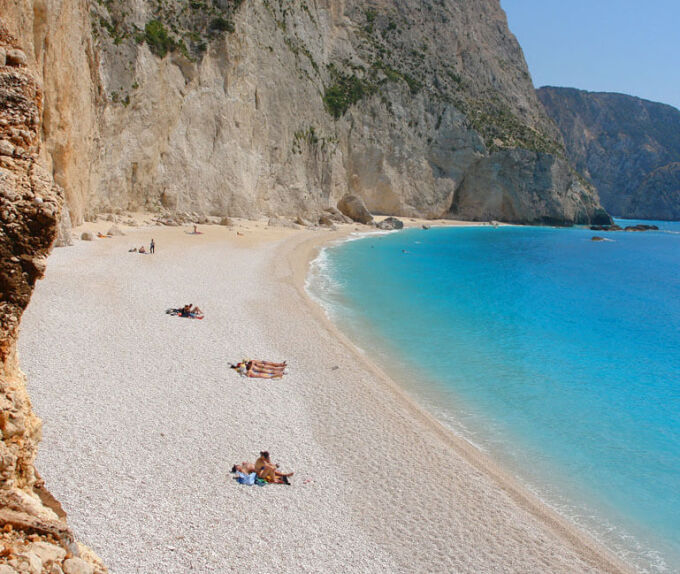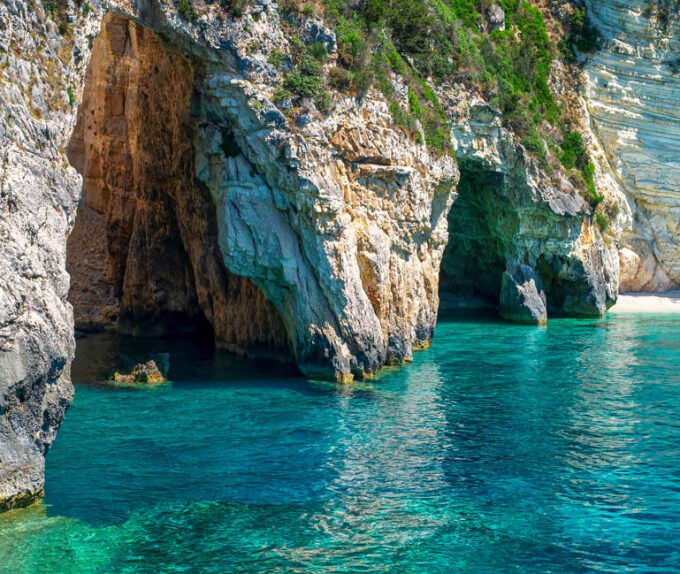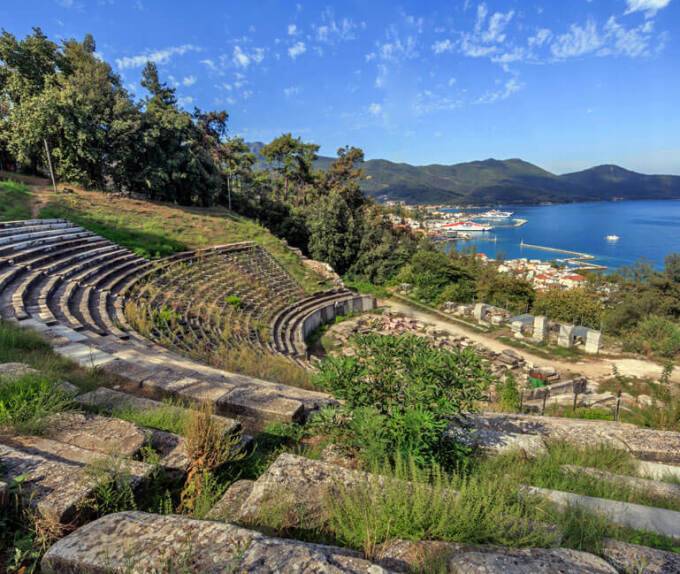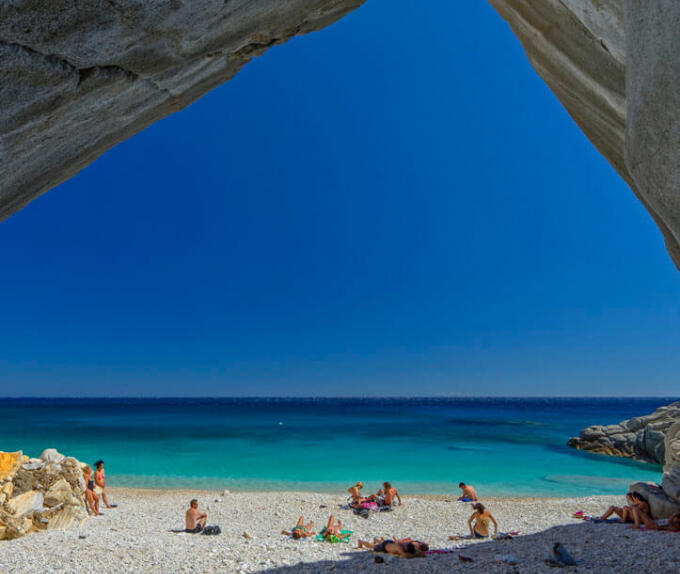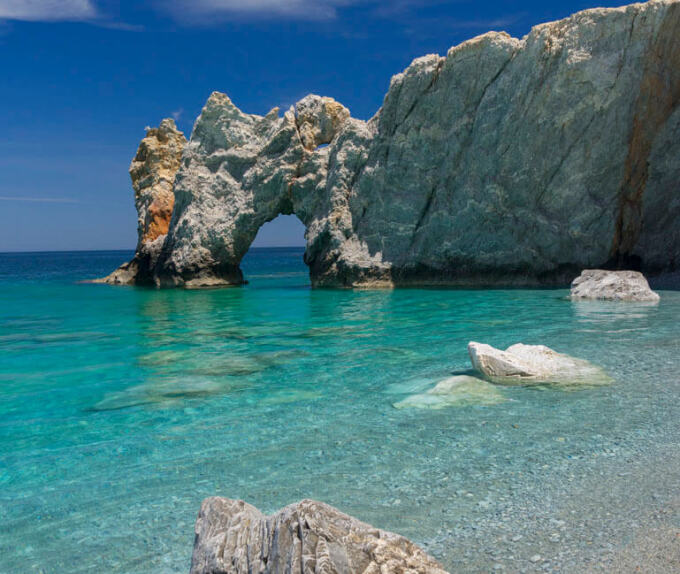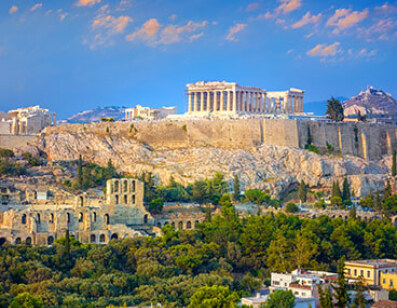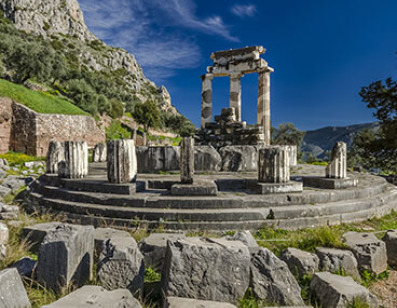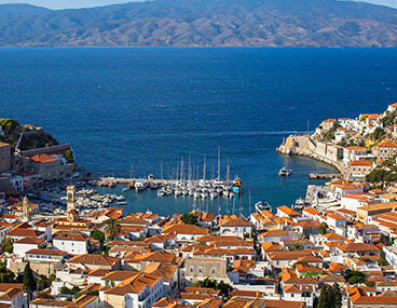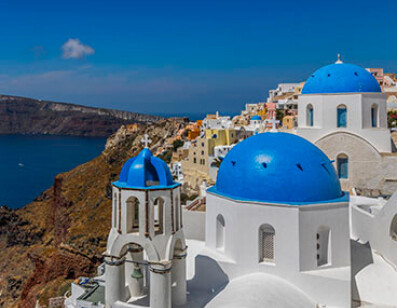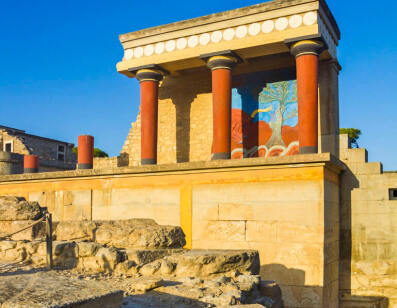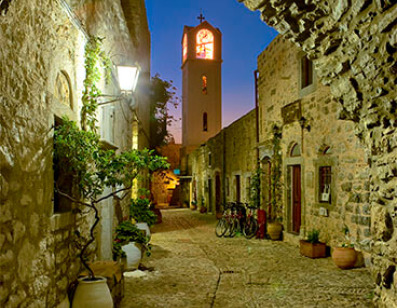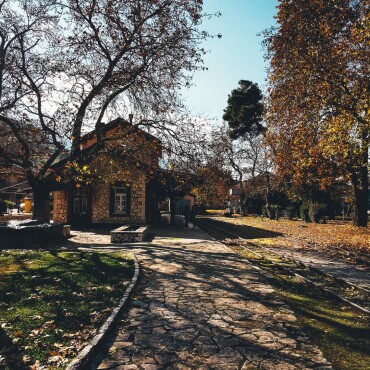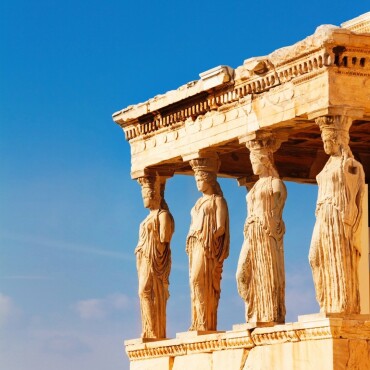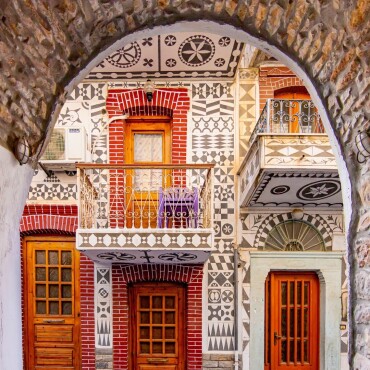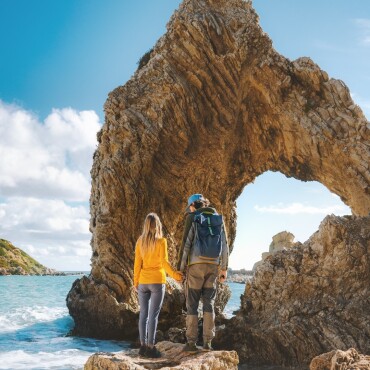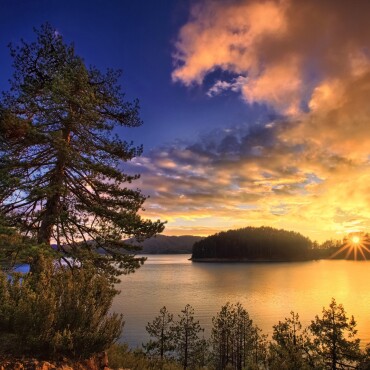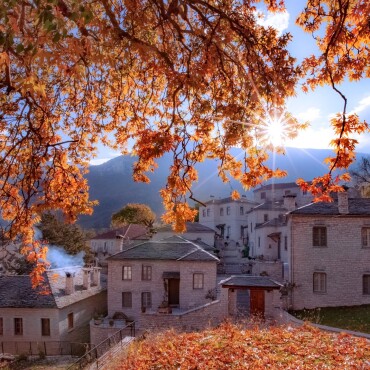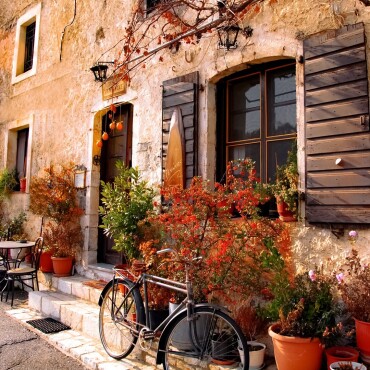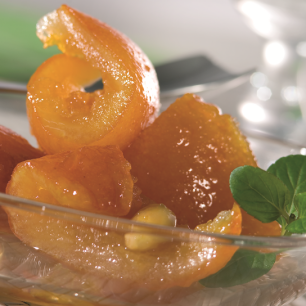
Events
VIEW ALL- Exhibitions
- Festival
- Sports
- Attica
- Central Greece
- Crete
- Cyclades
- Epirus
- Macedonia
- Peloponnese
- Sporades
- Thrace
- Athens
- Galaxidi
- Heraklion
- Ioannina
- Kozani
- Livadeia
- Naoussa
- Patras
- Rethymno
- Santorini
- Skyros
- Soufli
- February
- March
- April
- May
- June
- July
- August
- September
- October
- November

Experiences
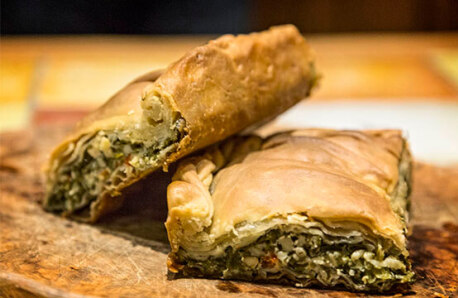


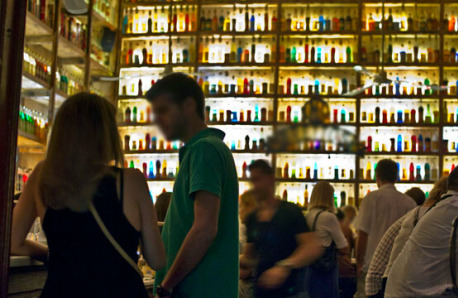
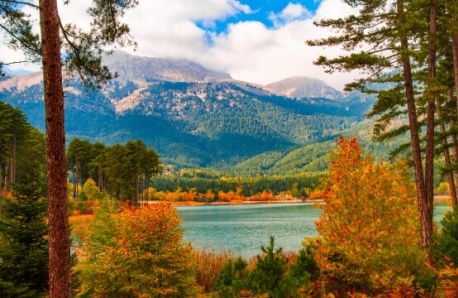
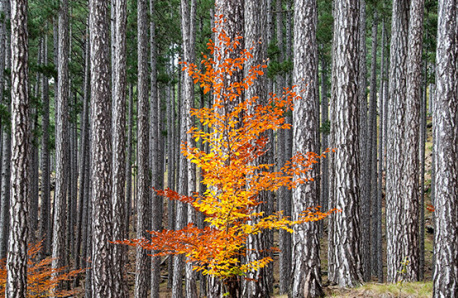
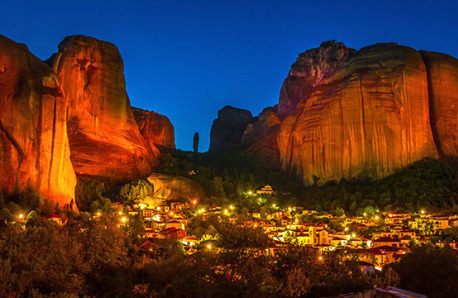
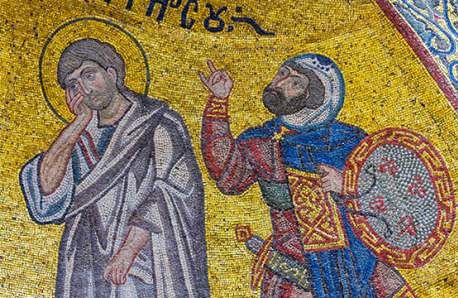
Read our Blog
VIEW ALL BLOGFun Facts
Greek is one of the oldest spoken languages in Europe since it has been spoken for more than 3.000 years.
Crete, Greece’s largest island and birthplace of the Minoan Civilisation, is the most southern one, except for the little island of Gavdos!
Greece has more archaeological museums than any other country in the world; in-fact they are around 196!
About 7% of all the marble produced worldwide comes from Greece.
Did you know that Greece is the third largest producer of olive oil in the world? Greeks have cultivated olive trees since antiquity. Some of the olive trees that are still producing olives, date back to the thirteenth century.
Olympus (2,917m), the mountain of Gods and Muses is the highest mountain of Greece and the 2nd in the Balkans.
Continuously inhabited for over 7,000 years, Athens is one of the oldest cities in Europe.
Athens is one of the few coastal cities worldwide that is surrounded by mountains. These are Mt. Hymettus, Mt. Penteli, Mt. Parnitha and Mt. Aigaleo.
Do you know what rakomelo is? It is a Cretan hot cocktail! A delicious mixture of honey, spices and the alcoholic beverage tsikoudia. Bottoms up!
No part of Greece is more than 137km from the sea.
In Greece, people celebrate the “name day” of the saint that bears their name in a similar way to their own birthday.
Greece' s official name is Hellenic Republic. However Greeks call their country Hellas or Hellada.
Greece's national drink is ouzo. Ouzo is a dry anise-flavoured aperitif. Cheers, "stin igia mas" in Greek!
Τhe concept of democracy developed in Athens around the 6th century BC. The Greek word demokratia (δημοκρατία) meant “the power of the people”.
Did you know that Epirus is the most mountainous territory of Greece and the poorest in the EU; however it has a unique natural wealth!
Did you know that Greece has around 6,000 islands, islets and rocky islets? 2,000 of them are islands and only 107 of them are inhabited!
Did you know that most days of the year are sunny in Greece? 250, to be exact.
Did you know that Greece is the third largest producer of olive oil in the world? Greeks have cultivated olive trees since antiquity. Some of the olive trees that are still producing olives date back to the thirteenth century.
Did you know that Greece hosts 50% of the brown bear population in western & southern Europe.
Alexander the Great, one of history’s greatest warriors and leaders of all time, was Greek. Alexander the Great conquered land all the way from Greece to Asia. His achievements and conquests gave rise to the later Hellenistic period (323 BC - 31 BC).
Explore Greece
Central Greece

Dodecanese

Places to Visit
North Aegean





